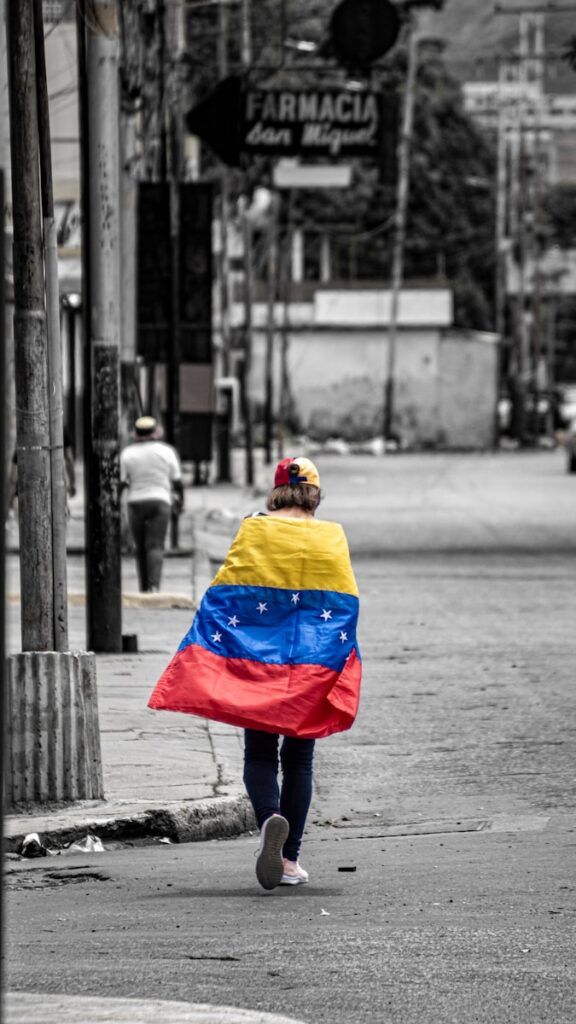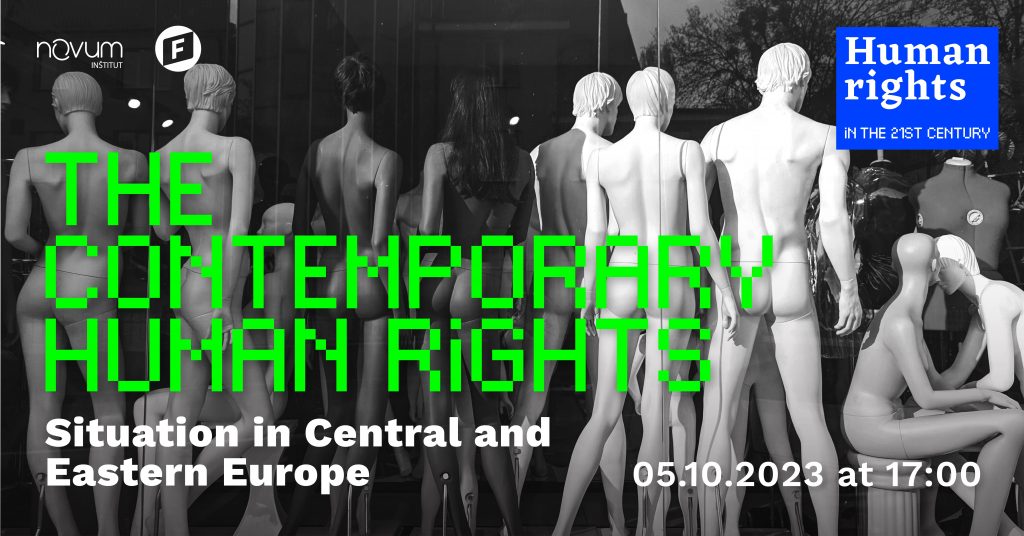
35 Women, Three Countries, One Vision: Europe That Leaves No One Behind
When I first walked into the room where the Balkan Women’s Academy BAZA was about to begin in 2023, I had no idea that these meetings would become a source of strength, courage, and solidarity. Today, after three editions of the Academy, BAZA has brought together 35 women from Bosnia and Herzegovina, Croatia, and Serbia, women connected not only by geography, but by shared values.





![War Against Human Rights with Oleksandra Matviichuk [PODCAST] War Against Human Rights with Oleksandra Matviichuk [PODCAST]](https://4liberty.eu/phidroav/2025/06/Liberal-Europe-Podcast-2024-9-1024x1024.png)





